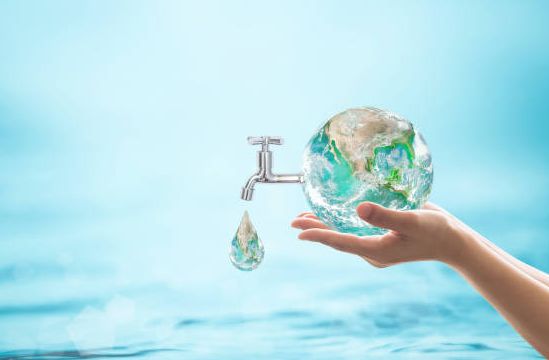On World Water Day, I quote an article from GREEPEACE:
World Water Day is an initiative of the UN Conference on Environment and Development (UNCED). This year, the day’s motto is
! Clean water for a healthy world!
With this day, the United Nations would like to encourage governments, companies and all people worldwide to actively work towards preventive protection of water quality.
The problem is becoming more and more urgent: Increasing drought in many areas, especially in Africa and Asia, is threatening biodiversity. More than a billion people have no access to clean drinking water and have to get it from contaminated springs, wells, ponds or rivers.
Almost half of the world’s population still has no sanitary facilities or sewage disposal: diarrheal diseases are one of the most common causes of death in children under five. Contaminated drinking water and unhygienic living conditions trigger epidemics such as cholera, dysentery, campylobacter or typhoid.
The Millennium Goal of providing twice as many people with proper sewage disposal by 2015 will be missed by around a billion people.
Sustainable management
But not much has changed in people’s minds. Water continues to be wasted thoughtlessly. Global water consumption increased sixfold between 1930 and 2002, although the UN believes the world is heading towards a dramatic water shortage.
There are many examples of waste: the mining of brown coal leads to an incredible waste of drinking water and serious ecological damage. In order to extract brown coal, the groundwater level must be lowered. The catastrophic consequences: large-scale lowering of the groundwater level, difficulty in obtaining drinking water, soil subsidence and serious damage to plants and animals. During oil production, drinking water is contaminated with chromium, salt, cyanide, nickel, cadmium, boron, strontium, barium, arsenic and lead. Industrial wastewater and the use of fertilizers in agriculture pollute rivers and lakes with pesticides and heavy metals, depriving plants and animals of their livelihoods. 40 percent of the water surface, particularly the North Sea, the eastern Caribbean and the East China Sea, is already contaminated by humans.
Greenpeace has been actively committed to protecting waters for decades. The environmental organization fought for years to have Lake Baikal declared a World Heritage Site. This was achieved in 1996, but today a Russian pulp factory is again discharging unfiltered wastewater into Lake Baikal and is therefore primarily responsible for its pollution. The factory was initially closed due to environmental concerns, but a new regulation by the Russian government allows the dumping and incineration of toxic waste around the world’s largest freshwater lake.
The resource of water must finally be used sustainably. Only then can the ecosystems be kept alive.






0 Comments